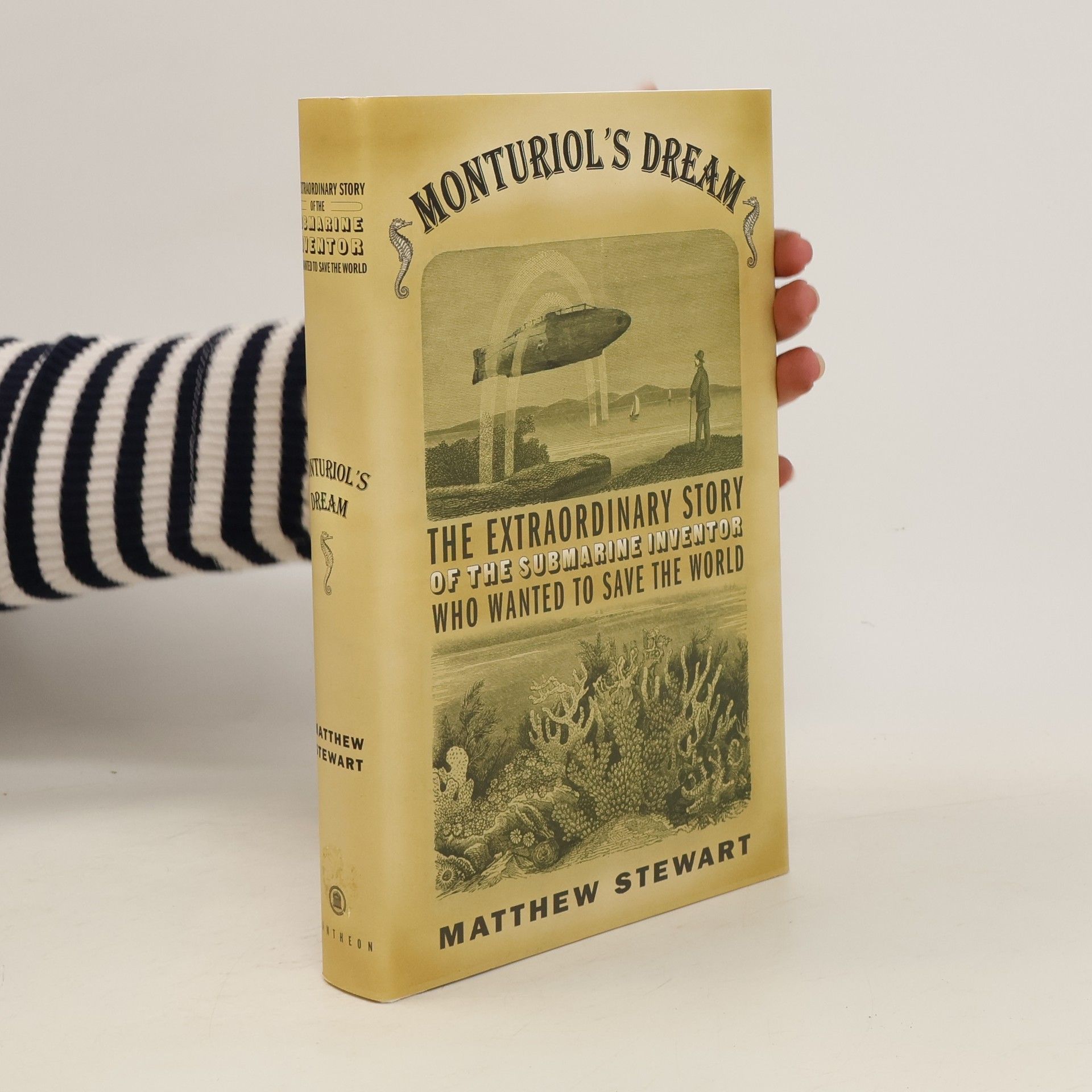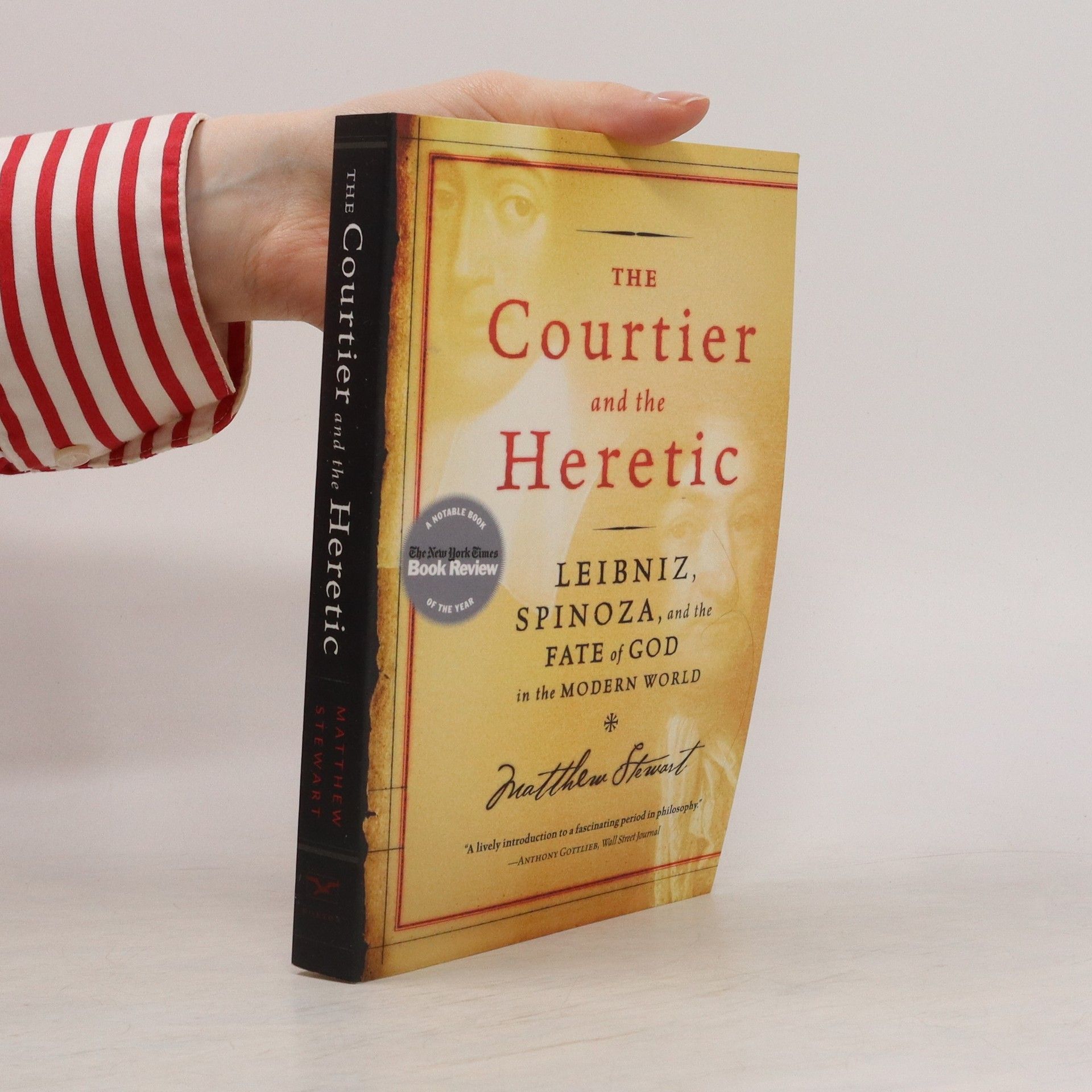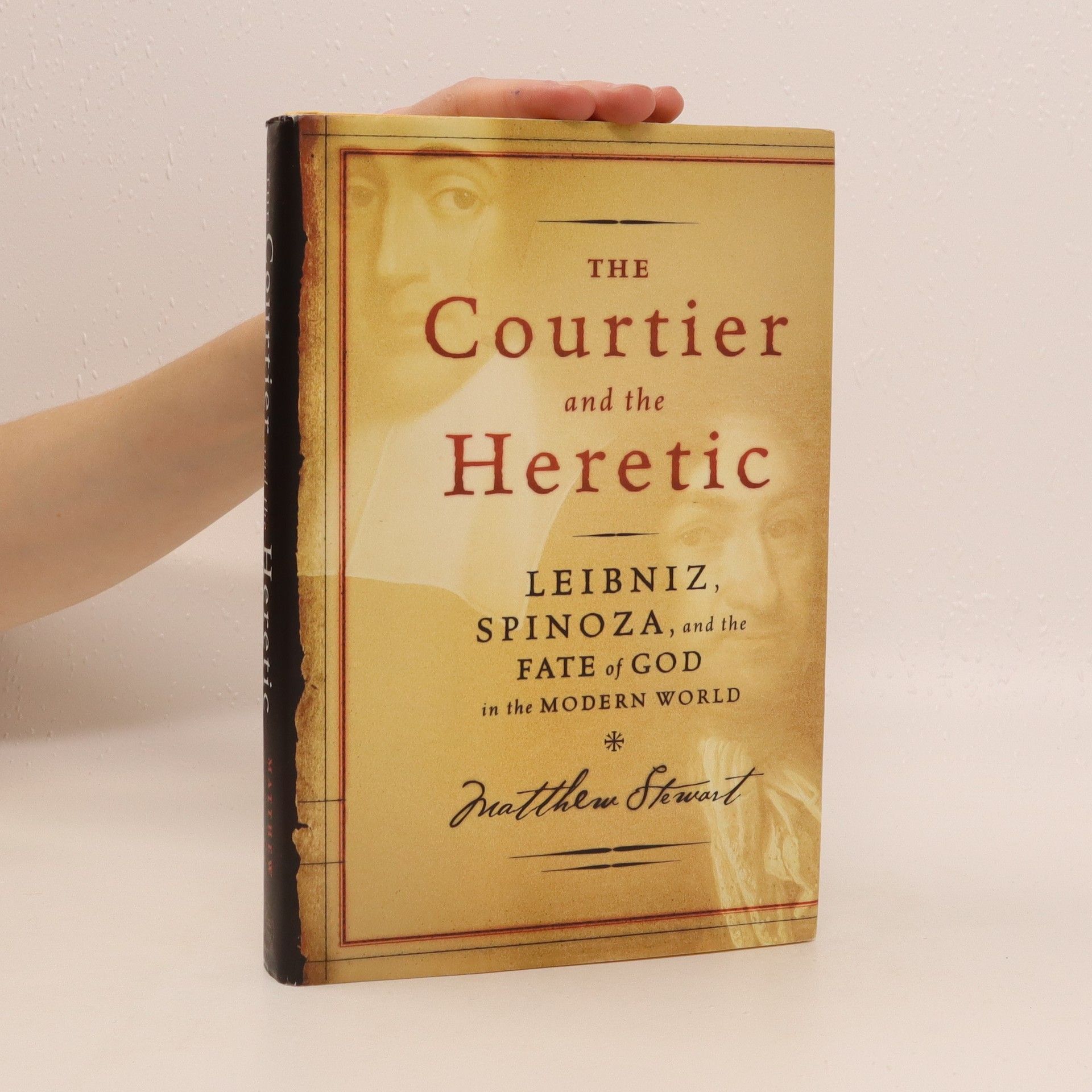The other office - creative workplace design
- 240pages
- 9 heures de lecture
the world of work refuses to stand still: new technologies have a huge impact on office design and now that a great many employees have the freedom to do their work anywhere - on the road, at home, with clients - the general role of the office has altered significantly. The projects that make up The Other Office identify those offices that keep abreast of the rapid pace of change and, more importantly, set the pace. They achieve their goals in unique and creative ways. Their common denominator is that special quality with which they transcend the mundane requirements of planners programs, a creative synthesis of the intuitive and the analytical, bringing a new sensibility to the workplace.





